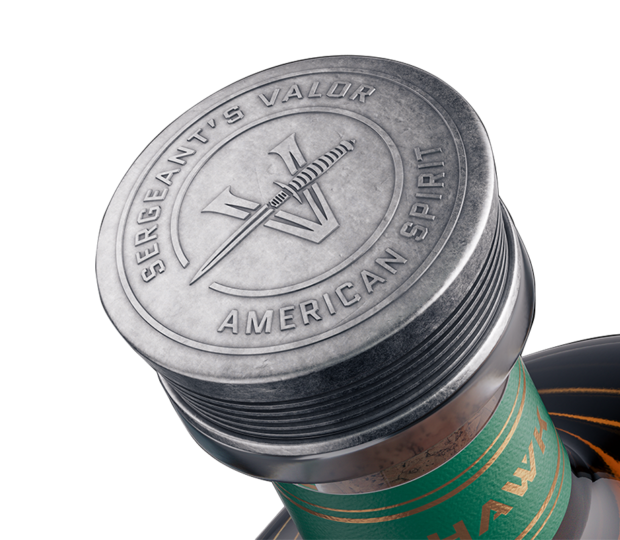Going From Farming To Distilling

March 01, 2019
How a spirited addition to your farm could maximize profitability, hedge against commodity pricing, and protect your land
People are often surprised to learn that many of our clients are farmers. But, if you understand distilleries and what it takes to distill a spirit, it makes a lot of sense. In fact, before Prohibition, distilleries were common on farms as a way for farmers to make use of every grain and fruit they produced. The desire to make the most of farmland still exists and distilling is still one of the best ways to do it.
WHY DO FARMING AND DISTILLING GO HAND-IN-HAND?
Farming is central to distilling as far as producing the ingredients necessary to make a spirit. Beyond that need for ingredients, however, a farm inherently offers a lot of the other framework necessary to run a distillery.
FARMS BENEFIT DISTILLERIES AND REDUCE BARRIERS TO ENTRY THROUGH:
- Ingredients: Without grains, fruits, or vegetables, distilling wouldn’t be possible. Having control of these ingredients from the farm gives the distillery a major advantage in terms of access to the crops, cost, and options for what is grown, how much, and when. It also allows you, the farmer, to produce custom or heirloom grains to add a further point of differentiation and signature flavor.
- Land: Startup costs are often lower if the land is already available to put a distillery on the farm. Utilizing your existing farmland may also introduce new opportunities for capital investment, such as funding provided through grant programs by the USDA.
- Infrastructure: If you have a farm, you probably have half the infrastructure you need for a distillery already in place. Fundamental infrastructure including buildings, equipment, silos, and water access are likely already covered, significantly reducing the amount of startup capital required for infrastructure.
- Story: Consumers care more now than ever about who made their spirits and where they came from. Your farm – and any history associated with it – provide a great foundation for your brand and give the consumer something to connect with. The authenticity of your story and product will create emotional appeal and has been shown to resonate with audiences, especially in the craft spirits market.
HOW DOES A FARM BENEFIT FROM A DISTILLERY?
We’ve examined how a farm can benefit a distillery, but it’s equally important to know that once built, a distillery can do a lot of good for a farm, too. Consider this: your crops could yield revenue 3-10x higher when sold as a finished good. Having a distillery can protect your land and your legacy by diversifying income and land use, maximizing profitability, hedging against commoditization, ensuring use of yields, and increasing notoriety of the farm.
SHOULD YOU ADD A DISTILLERY TO YOUR FARM?
With as little as ten acres of land, you could make a distillery a reality on your farm. Whether or not you should is a different issue. The answer all depends on what your goals are for the future. While a distillery can be a natural and comfortable extension to your farm that makes it more profitable, there is a lot to consider in terms of time and financial demands.
If you’re considering how a distillery could work for your farm, start by speaking to someone who’s done it before. Talking with an expert who can outline the process and provide insight will help you determine if this a good fit for you, your farm, and your family before you go betting on it.



